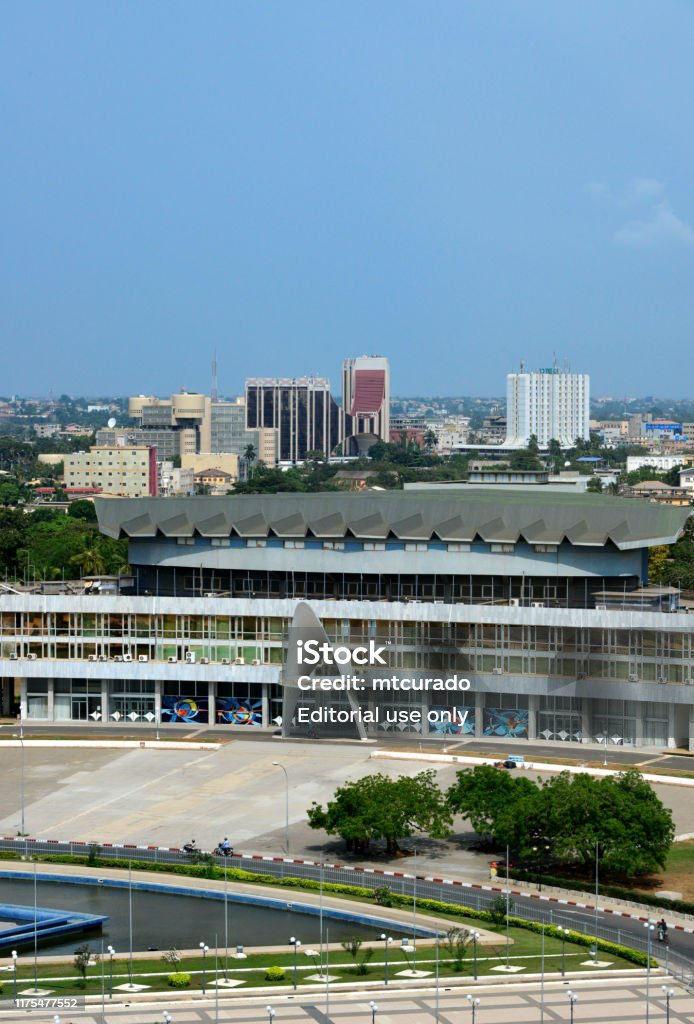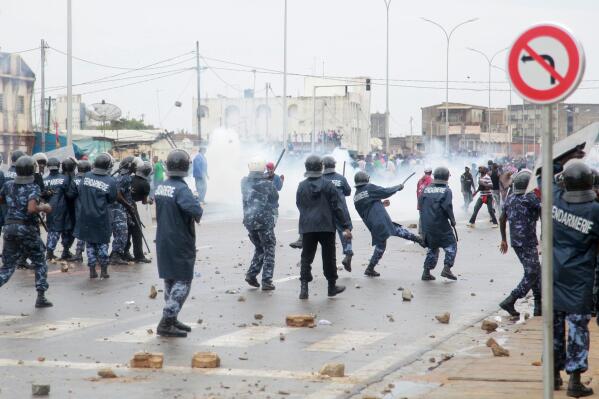In a shocking display of state violence, at least seven people have died during protests in Togo"s capital, Lomé, as President Faure Gnassingbé faces mounting calls for his resignation. Demonstrators took to the streets from June 26 to 28, demanding an end to Gnassingbé"s rule, which many consider a constitutional coup following recent changes allowing him to remain in power indefinitely.
Protests Erupt Over Constitutional Changes
As reported by Amnesty International, the protests were ignited by Gnassingbé"s controversial new role as President of the Council of Ministers, which has no official term limits. This move has been condemned by opposition politicians as a blatant power grab, effectively allowing him to rule for life.
Tragic Deaths and Human Rights Violations
The protests quickly turned violent, resulting in the tragic deaths of three individuals, including two teenagers, whose bodies were discovered in a lagoon. Eyewitness accounts suggest that these young lives were cut short by the brutality of security forces. Aimé Adi, director of Amnesty International"s office in Togo, has highlighted the alarming nature of these deaths, stating, "They found their son dead, bearing signs of blood and beating." Human rights organizations have reported widespread state-sponsored violence, including arbitrary arrests and assaults on civilians.

The Congress Palace On Ind…
The Role of Civil Society and Activism
In response to the government"s repression, a coalition of 12 Togolese civil society groups has emerged, boldly condemning the actions of security forces. Their statements characterize the government"s response as a "state crime" fueled by unspeakable cruelty. As noted in their response, the lack of arrests or investigations into these killings further illustrates the systemic failures of the Togolese justice system.
The Threat to Democracy in West Africa
The situation in Togo is not an isolated incident. It reflects a broader trend of democratic backsliding in West Africa, where coups and authoritarianism threaten to dismantle hard-won civil liberties. The recent clampdown on protests, which had been banned since 2022, underscores the extent to which the Gnassingbé regime is willing to go to cling to power. Togo’s history of political repression has created a climate of fear, where dissent is met with violence and intimidation.

Togo | AP News
Global Implications of Togo"s Crisis
This violent crackdown on protestors is a stark reminder of the fragility of democratic governance. It raises critical questions about the international community"s role in safeguarding human rights and supporting democratic movements in repressive regimes. As Togo"s government attempts to silence voices of dissent, the global community must hold leaders like Gnassingbé accountable for their actions. Failure to do so not only emboldens oppressive regimes but also jeopardizes the rights and freedoms of ordinary citizens fighting for their voices to be heard.

![[Video] Anti-ICE Protester Pepper Sprayed as CBP Agents Disperse Crowd in Minneapolis](/_next/image?url=%2Fapi%2Fimage%2Fthumbnails%2Fthumbnail-1768260677127-y71sb7-thumbnail.jpg&w=3840&q=75)

![[Video] Several injured as U-Haul truck drives through Iranian protestors in Los Angeles](/_next/image?url=%2Fapi%2Fimage%2Fthumbnails%2Fthumbnail-1768176682028-q95y6j-thumbnail.jpg&w=3840&q=75)
![[Video] Scuffle breaks out between Trump supporters and Anti-ICE protesters in Times Square](/_next/image?url=%2Fapi%2Fimage%2Fthumbnails%2Fthumbnail-1768165958203-hgcgb-thumbnail.jpg&w=3840&q=75)


![[Video] Gunfire between Iraqi security forces and Sadr militias in Baghdad](/_next/image?url=%2Fapi%2Fimage%2Fthumbnails%2Fthumbnail-1768343508874-4redb-thumbnail.jpg&w=3840&q=75)
